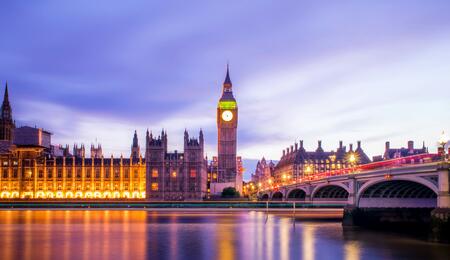Green Party Leader Wants UK Drug Legalisation

Zack Polanski, the newly elected leader of the Green Party, has boldly stated his intention to pursue the legalisation of all drugs, advocating for a strategy that prioritises the guidance of public health professionals over political agendas. In an interview with BBC South East, conducted in advance of his party’s upcoming conference, Polanski reiterated his support for a Kent Green councillor’s earlier proposal to legalise all drugs, which notably includes highly controlled substances such as heroin and crack cocaine.
In his remarks, Polanski emphasised that "the war on drugs has absolutely failed." He argued that the current approach has resulted in more harm than good, and stressed the need for a comprehensive public health strategy to address drug use and addiction. When questioned about the financial repercussions for taxpayers, he pointed out, "Right now, voters are footing the bill for a system that allows crime to flourish within the illegal drug market." He highlighted the serious social implications, such as the emergence of gangs that operate across county lines, as a significant consequence of failed drug policies. "This situation is a clear indication of failure, stemming from years of government indifference and the misguided belief that merely making drugs illegal would resolve the issue."
The Green Party of England and Wales is currently convening in Bournemouth for its inaugural autumn conference under a fresh leadership team. This new cadre includes deputy co-leaders Mothin Ali and Rachel Millward, who also serve as the deputy leader of Wealden District Council. In recent local council elections, the party has made remarkable strides in gaining traction in various parts of Kent, Sussex, and Surrey—regions that have traditionally been strongholds of the Conservative Party. This includes previously conservative-leaning areas like Wealden, Reigate, and Maidstone, where their influence is starting to grow.
Who is Zack Polanski?
During the leadership campaign, Polanski presented himself as an “eco-populist,” garnering attention for his more radical and left-leaning approach. Critics of his strategy have raised concerns that such a stance may alienate moderate voters who formerly supported the Conservative Party, many of whom have recently turned to the Green Party over shared interests in environmental issues and the protection of green spaces from extensive housing development. However, Polanski addressed these fears directly in his conversation with BBC South East.
"I believe," Polanski stated, "that the true radical issue facing residents in the South East is the disconnect between stagnant wages and the rising cost of living. Many people are grappling with the frustration of not being able to secure appointments with NHS dentists and feel there are limited opportunities for young people to build a future. Therefore, I contend that what I’m advocating is not radical at all; rather, it’s a pragmatic approach that can resonate with a broad range of constituents."
More From Soft Secrets:
Half of Guernsey's politicians support decriminalising cannabis, says new research



